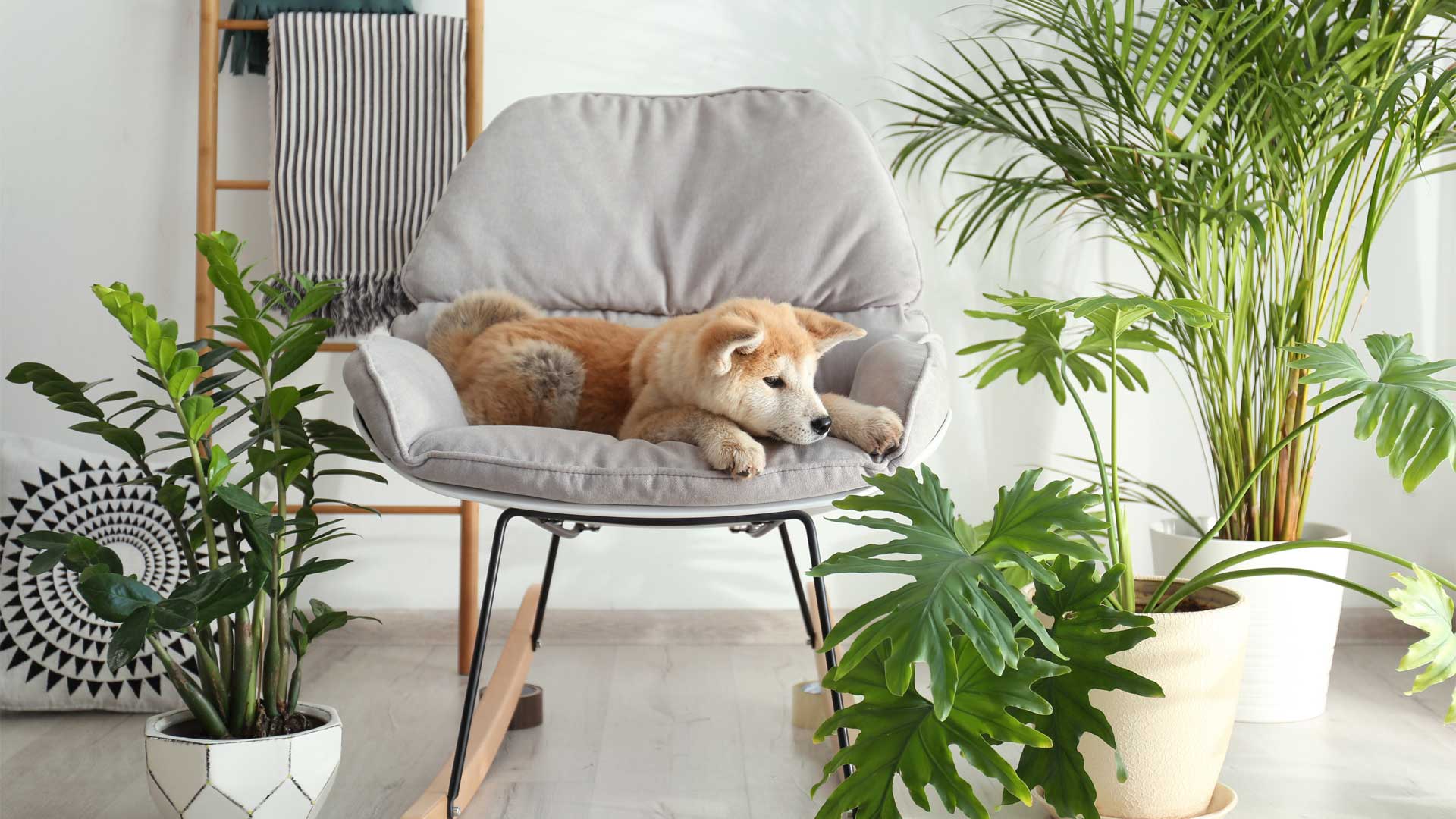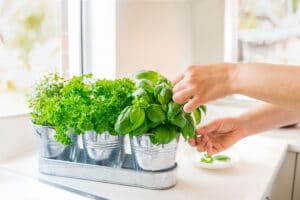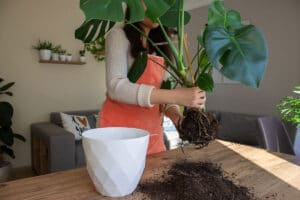You have two passions in life: your pet and your plants. It is possible to make these two passions cohabit, but you should know that some houseplants can have serious consequences on your dog, your cat or your favorite rodent if it gets the urge to take a bite. Not all animals are equally interested in plants, some will never touch them while others will become obsessed with them. In any case, it is better not to take chances and to opt for varieties that are safe for everyone.
Which plants should not be used with pets?
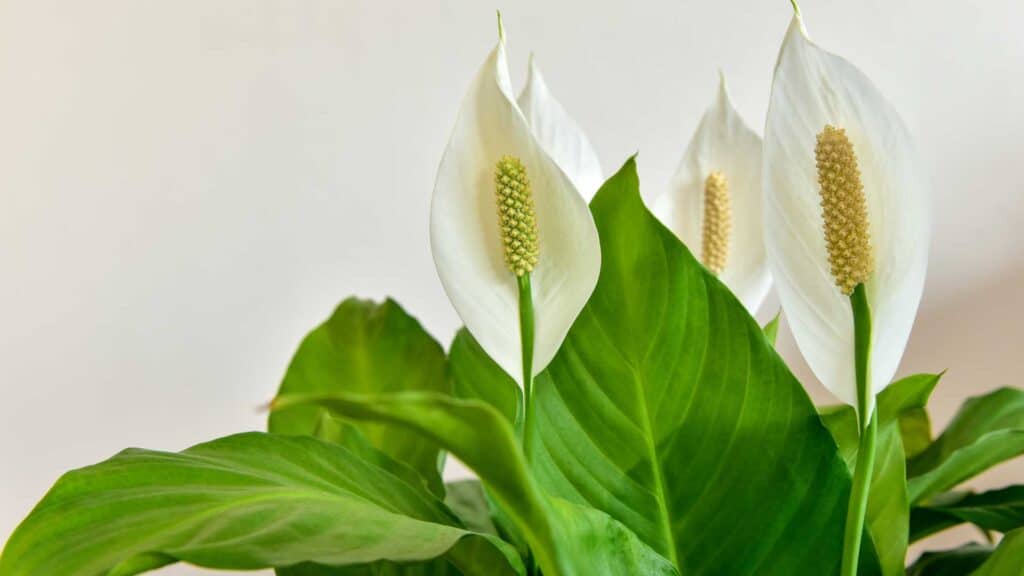
Peace Lily
Very popular in homes for its ease of care, the peace lily is toxic to animals if ingested. It can cause tongue irritation and severe digestive disorders.
Dieffenbachia
If you have rooms with low light levels, chances are you have a dieffenbachia in your home. Its sap is irritating and could cause kidney failure and neurological disorders in animals, mainly cats.
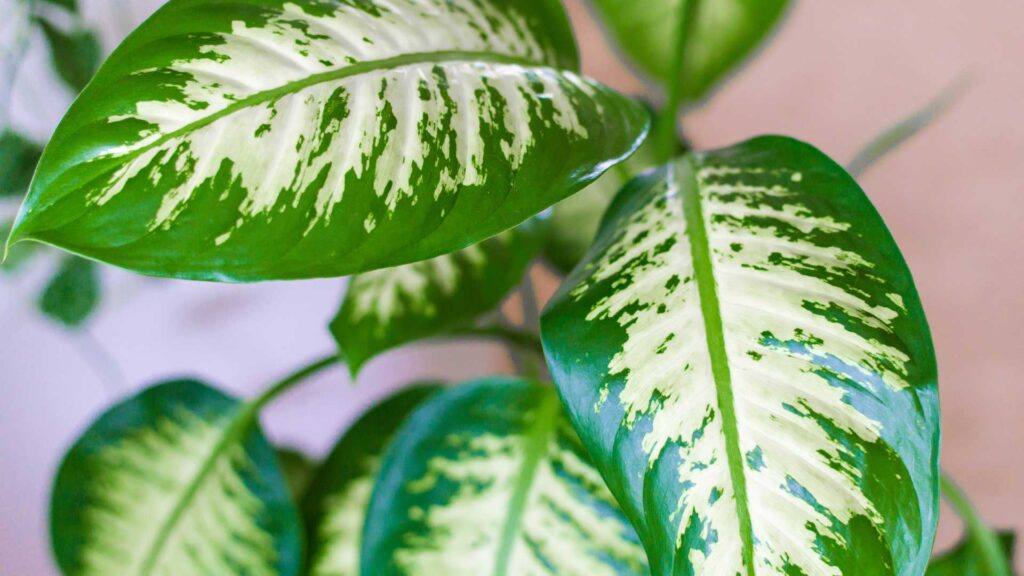
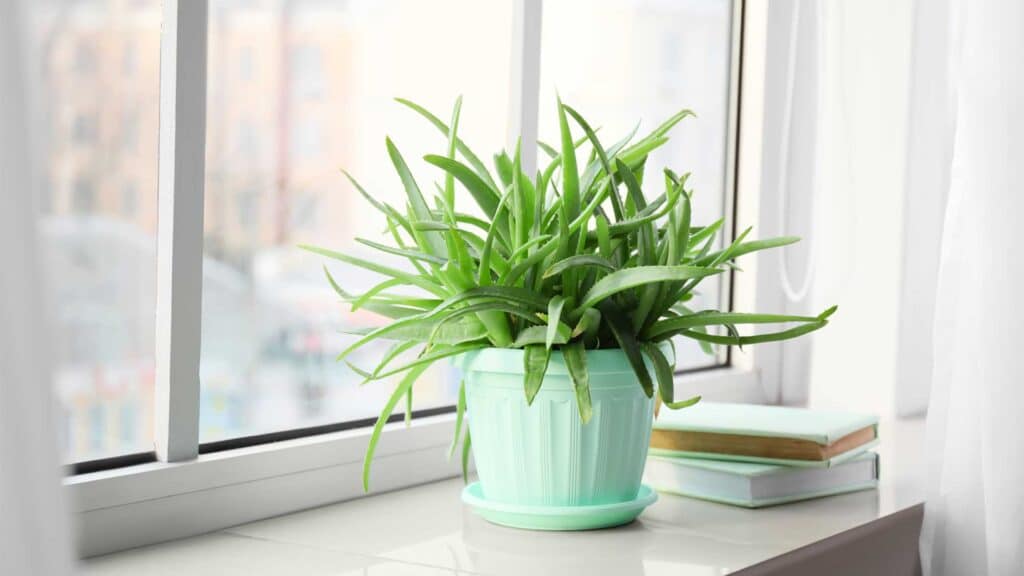
Aloe Vera
Aloe is a succulent plant that is rather easy to grow and very useful to heal small wounds, cuts, burns, etc. But if your furry friends eat it, their digestive and nervous systems may be affected.
Philodendron
With its beautiful heart-shaped leaves that grow along trailing stems, philodendron is not only beautiful and easy to grow, but also very attractive to animals. If ingested, philodendron can cause breathing and digestive problems as well as mouth bleeding.
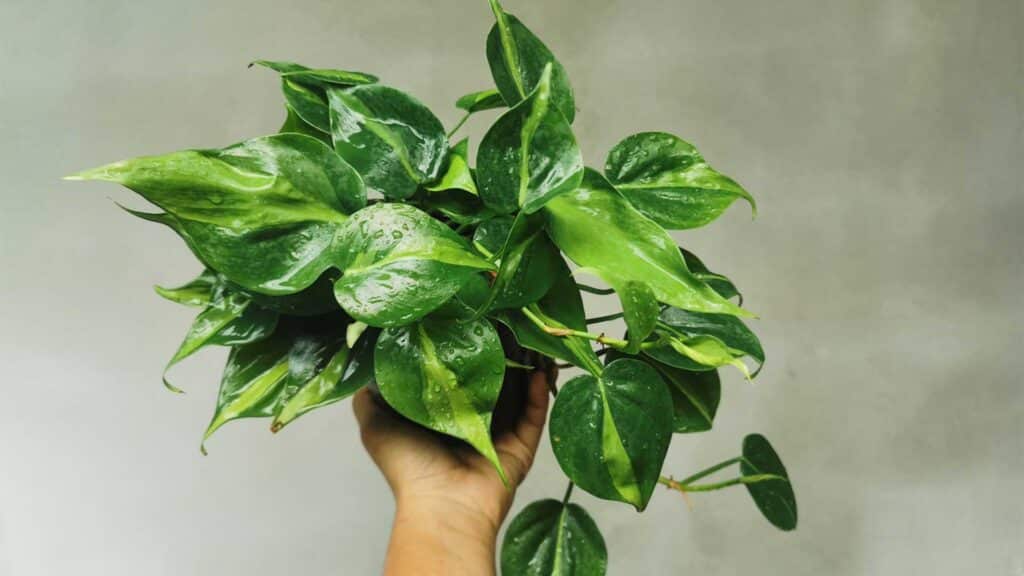
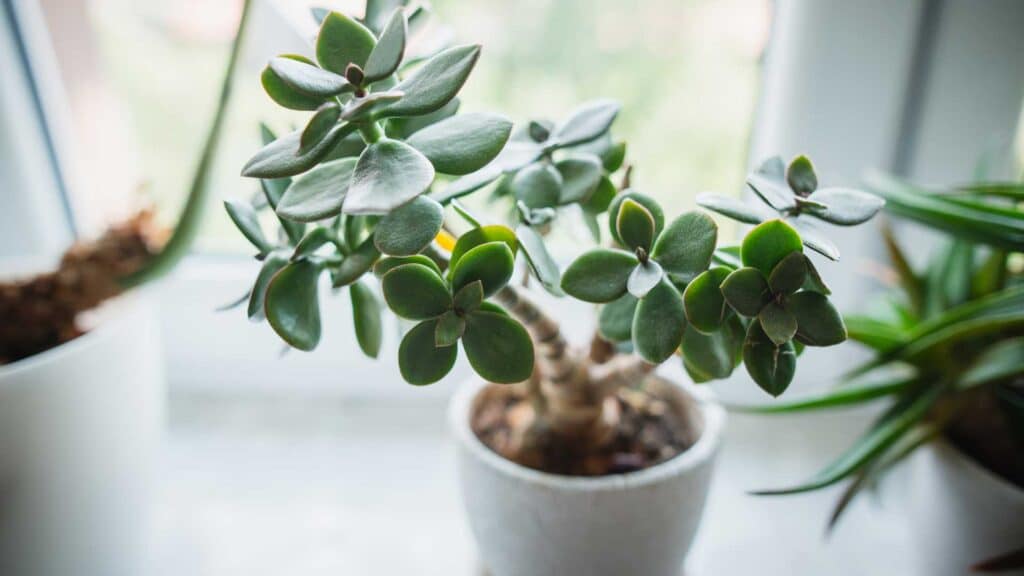
Crassula
This succulent can survive for many years. It can cause severe damage to the digestive systems of animals and cause intense vomiting. It also decreases the heart rate. It is even associated with depressive effects for certain animals.
Yucca
The yucca thrives easily and its beautiful pointed leaves that grow in rosettes bring a very interesting tropical look. Be careful if you have pets though. In addition to the digestive problems that ingestion can cause, yucca can cause paralysis.
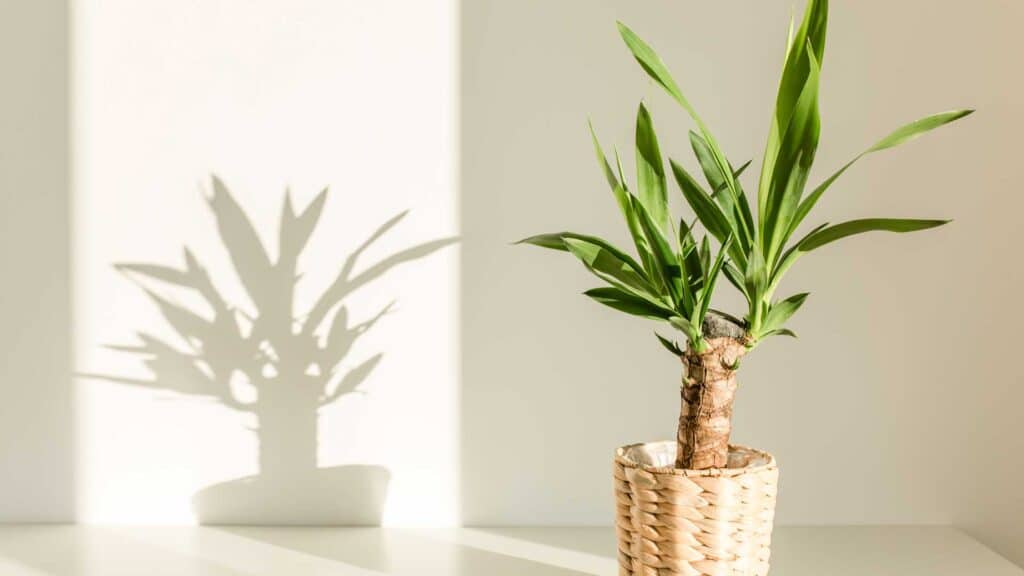
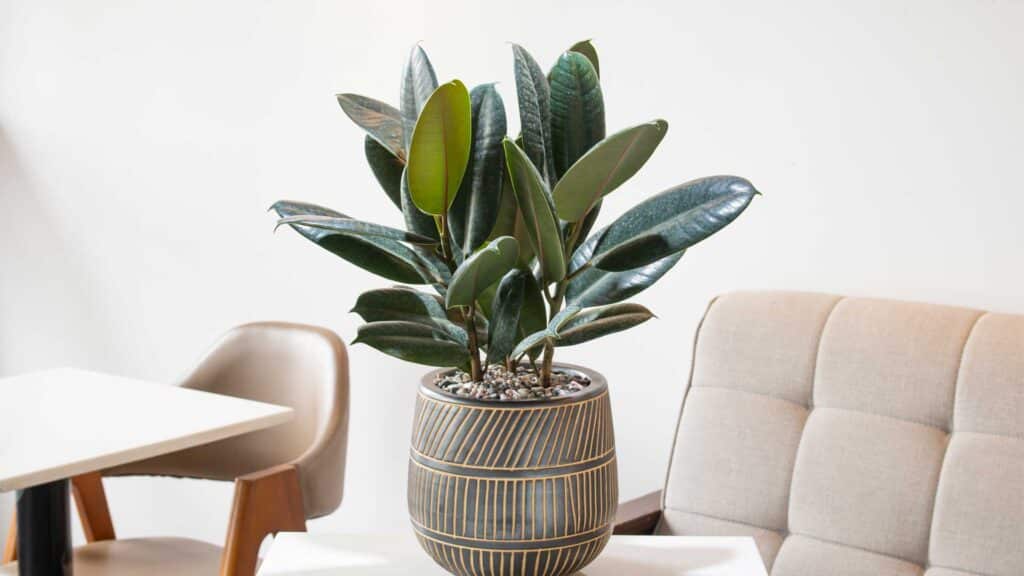
Ficus
As its name suggests – rubber plant – the sap of the ficus contains latex which can cause irritation of mucous membranes, excessive salivation and vomiting.
What to do in case of ingestion
Despite your vigilance, your pet has had a little snack on your plant and you don’t know what to do? Contact your veterinarian right away. By telling him the name of the plant ingested, your animal health professional will be able to explain what to do. Avoid making your pet eat or drink or induce vomiting.
Pets’ friendly plants
Some houseplants are not toxic to animals and therefore make excellent plant companions. This is the case of:
- Spider plant
- Cactus and most succulents
- Ferns
- Pilea
- Peperomia
- Orchids
- African violets
Plants and pets can live in harmony, but it’s important to make the right choices to avoid trouble. Consult garden centre specialists who can advise you on the best plants for your situation. After that, all you have to do is make sure your pets don’t knock over the pots!

